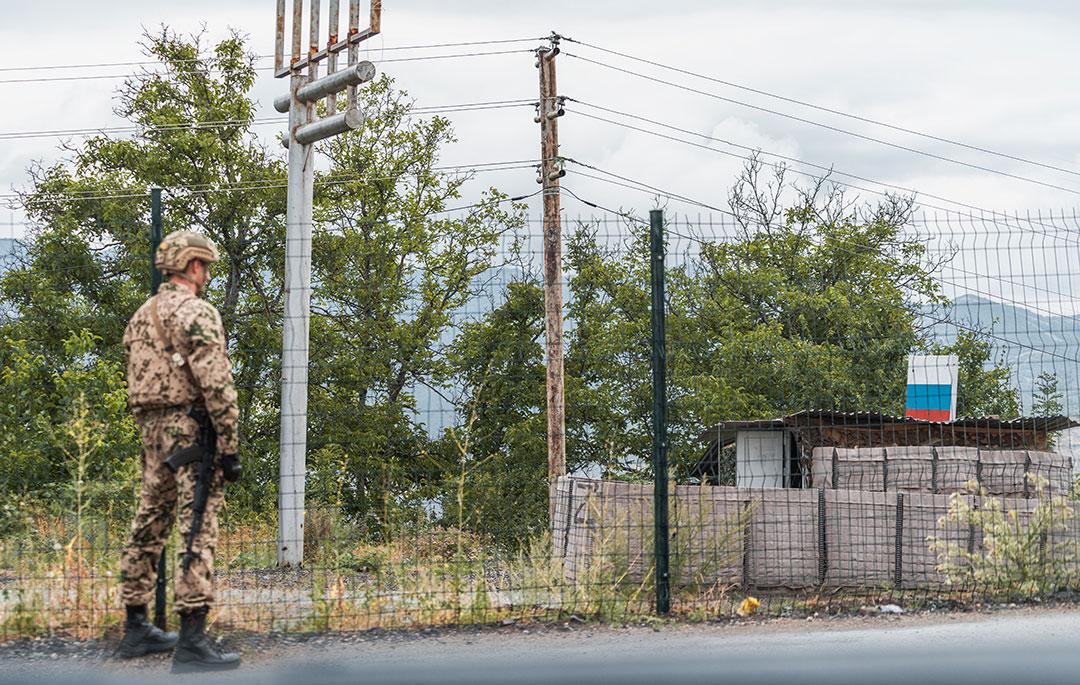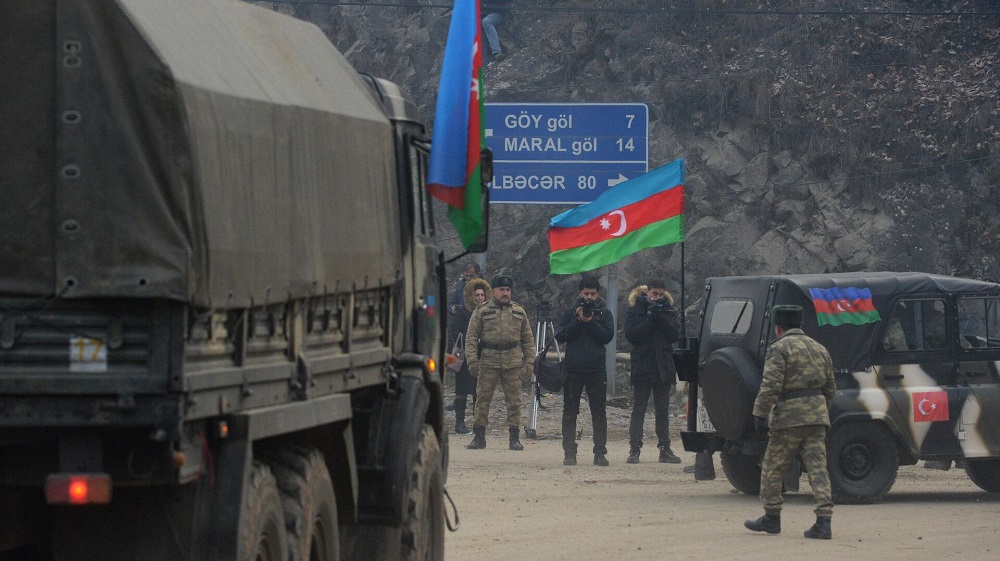"The specter of war haunts the South Caucasus": Analysis from Baku
The specter of war haunts the South Caucasus
“2023 began think tanks speculating about the possibility of war, which includes a possible military clash between Azerbaijan and Armenia. However, there are several places in our region where the potential for an open military clash remains and the risks are no less than those for Azerbaijan and Armenia. The specter of war is haunting the South Caucasus,” Azeri political scientist Farhad Mammadov maintains.
- “I froze my eggs”: How often women in Georgia resort to cryopreservations and why
- 892 homeless families officially registered in Tbilisi
- “Scenario of sanctions against Azerbaijan not being discussed” – Thomas de Waal
According to analyst Mammadov, the lines of confrontation in the South Caucasus and the likelihood of war can be summarized as follows:
- Iran vs. Azerbaijan
- Iran in conjunction with Armenia vs. Azerbaijan
- Russia vs. Georgia
- Russia vs. Azerbaijan-Georgia link
- Russia and Iran vs. Azerbaijan-Georgia-Turkey
Mammadov notes that the uncertainty in the war in Ukraine is major variable for the South Caucasus:
“The risk that Russia’s aggression will spread to the South Caucasus is high both with a complete victory in Ukraine (USSR2.0), or defeat in conjunction with Iran, closing the last land routes between Europe and Asia.
It should also be understood that the weakening and limitation of resources in Russia will stimulate regional powers in the struggle for “legacy”. I mean Iran in the South Caucasus region.”
Western pressure
“Russia’s presence in the South Caucasus is under pressure from other players, in particular Turkey and the US-EU nexus.
At the same time, the processes that should take place in the event of a peace agreement between Azerbaijan and Armenia, such as unblocking the Azerbaijani-Armenian and Armenian-Turkish borders, EU financial packages, and the involvement of the United States in Armenia, do not inspire optimism in Russia.
Moscow could accept the new reality of a peace treaty in the event of a victory in Ukraine, but now this is not in the interests of Russia,” Mammadov says.
“Apres moi, le deluge”
Mammadov believes that if Baku and Yerevan “still agree to a peace treaty in the current conditions, then Russia will apply the principle ‘apres moi, le deluge’.”
“Moscow will give Iran the go-ahead for military activation. Will Iran be ready to embark on a military adventure?
In short, I would like to note that Azerbaijan’s ally Turkey, strategic partner Pakistan (the only Muslim country with nuclear weapons) and Saudi Arabia will not be limited to statements of concern. And all these countries are neighbors with Iran!”
According to Mammadov, Netanyahu’s return has also “revived” Iran:
“Internal contradictions in Iran are currently the most important condition for future escalations. And it’s not about the protests themselves, but about the contradictions among the elites regarding the reaction to these protests. The fate of the “vice police” in Iran is an indicator of these contradictions. We can conditionally note that there are two groups: radicals represented by poorly educated but very influential heads of the Iranian Revolutionary Guard; and politicians, diplomats and representatives of regional groups who are in favor of at least some steps by the authorities toward softening the regime.
Totalitarian regimes cannot go in for systemic reforms, especially in the ideological sphere. ‘Perestroika’ in ideology always leads to the destruction of the system.”
The specter of war haunts the South Caucasus
“Thus, in the South Caucasus, in addition to the existing natural potential for conflict, the potential for war is added, emanating from the situation in the war in Ukraine, the limitation of Russia’s resources and Iran’s reaction to these processes.
All of this is taking place amid uncertainty in the electoral landscape in Turkey. Undoubtedly, the leadership of Russia and Iran is chilly with Erdogan, but relations have already developed. These relationships can be described as “predictable unpredictability” or “competitive partnership”. A replacement of Erdogan will create challenges for Russia and Iran, the response to which involves the use of military force and in a very short time.
Azerbaijan’s only preventative step in the current situation is the activation of situational coalitions, the strengthening of the armed forces and the acquisition of weapons that provide maximum damage to the enemy. The price for aggression should be raised as much as possible,” Mammadov summed up.
The specter of war haunts the South Caucasus





















